
How to get URL link on X (Twitter) App



 Uniswap is a decentralised exchange built using smart contracts. Sort of like the functionality of exchange like a coinbase to allow counter parties to trade assets.
Uniswap is a decentralised exchange built using smart contracts. Sort of like the functionality of exchange like a coinbase to allow counter parties to trade assets. 
https://twitter.com/hasufl/status/1399834485429051393why?
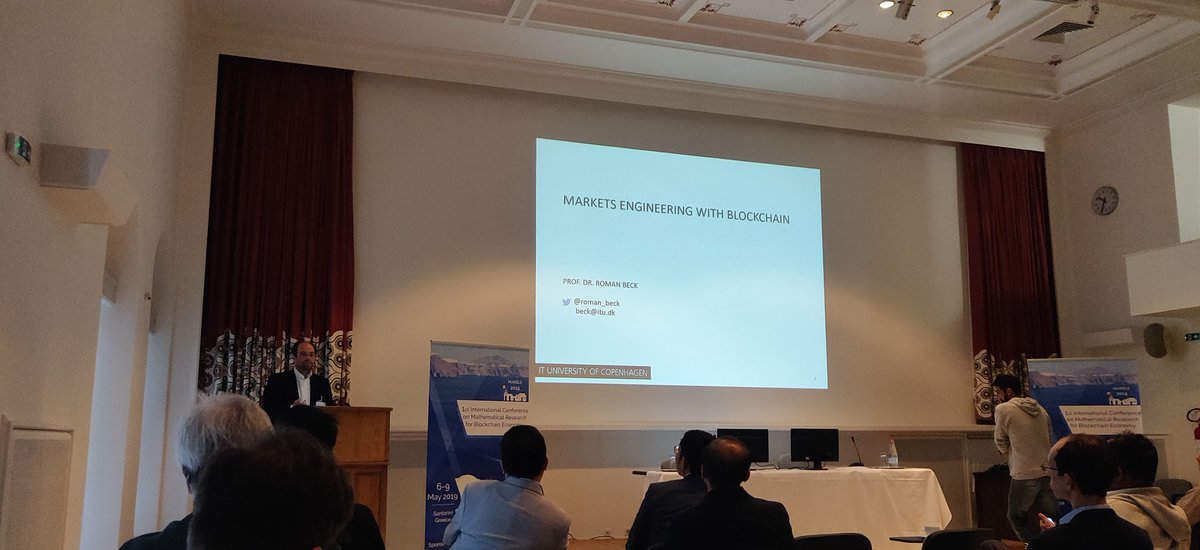
 We like to have a top down system with strategy and accountable, if we look at blockchain, a peer to peer technology, we can fault someone if it goes wrong. Hard concept to grasp for many.
We like to have a top down system with strategy and accountable, if we look at blockchain, a peer to peer technology, we can fault someone if it goes wrong. Hard concept to grasp for many.
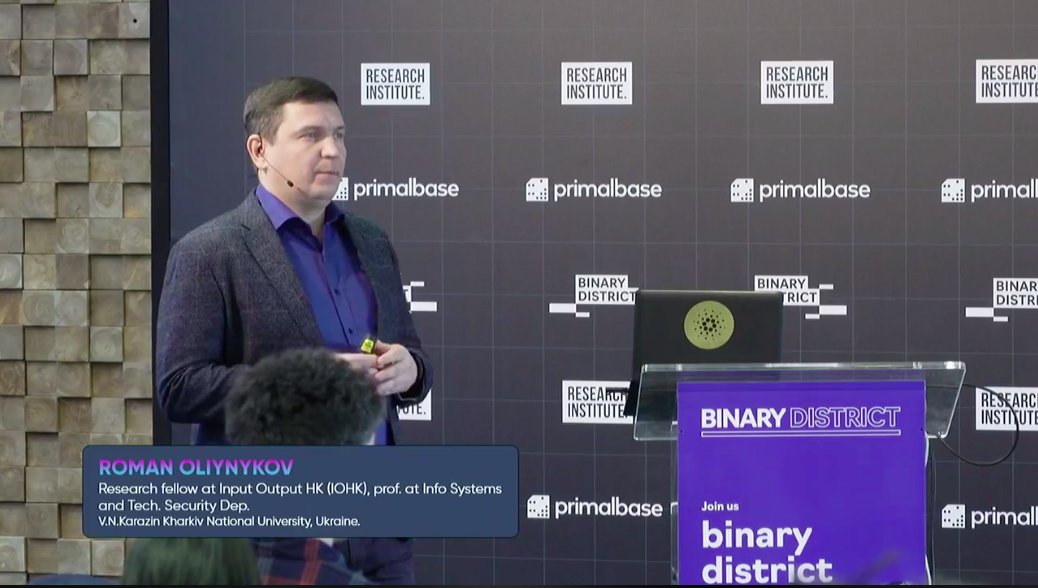

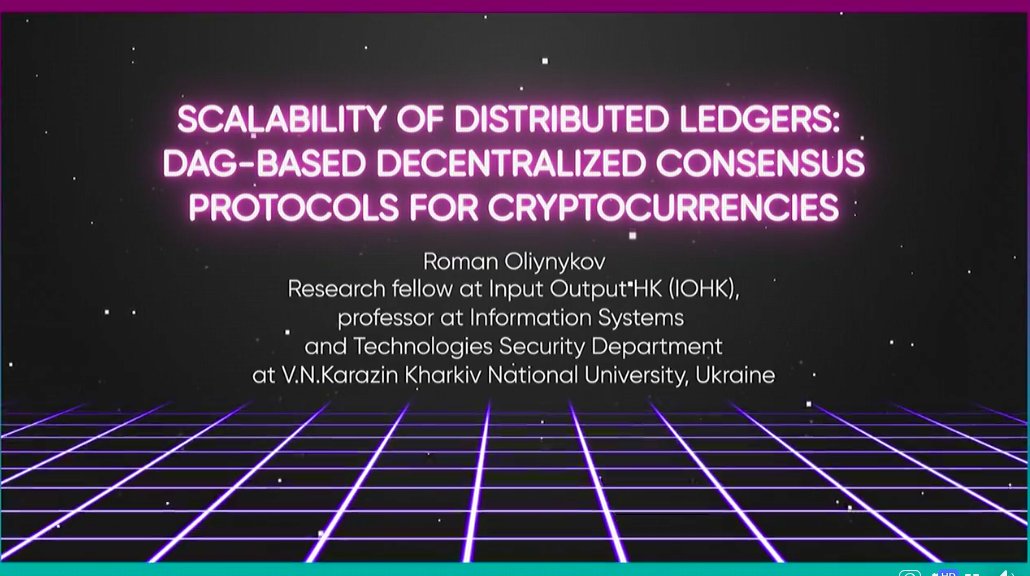 He is part of @InputOutputHK yay
He is part of @InputOutputHK yay 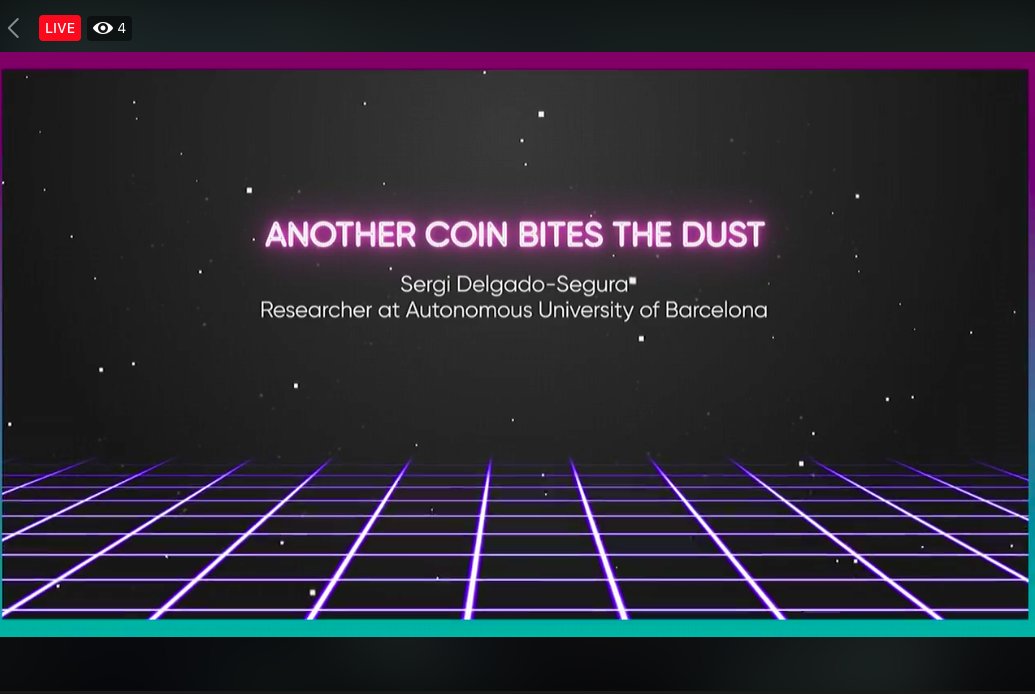

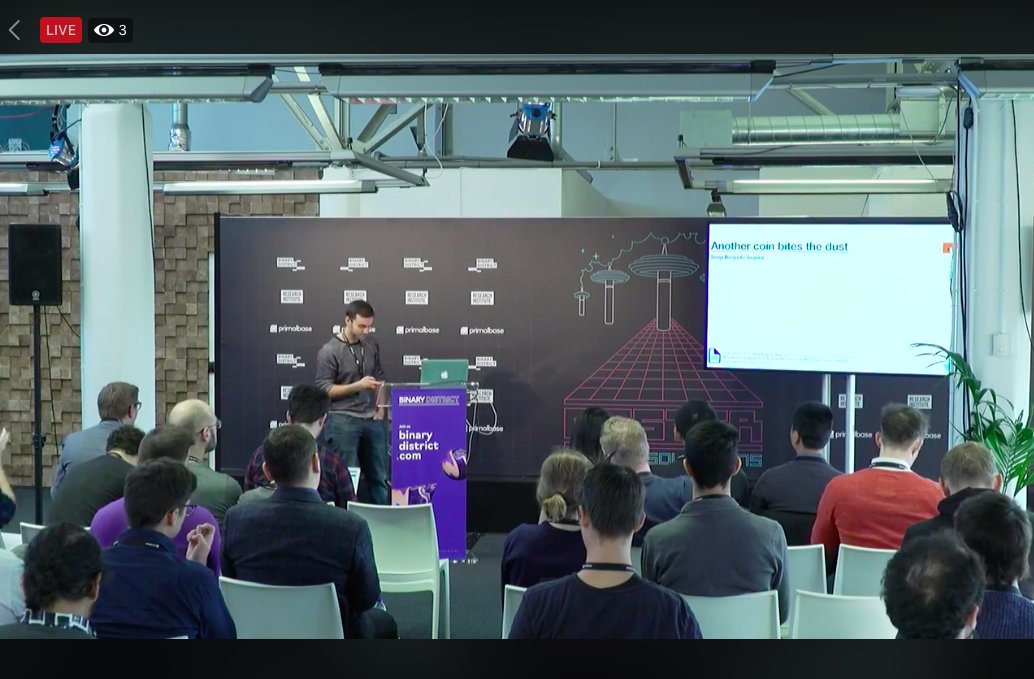 So what is a "dust" transaction? What are fees?
So what is a "dust" transaction? What are fees? 